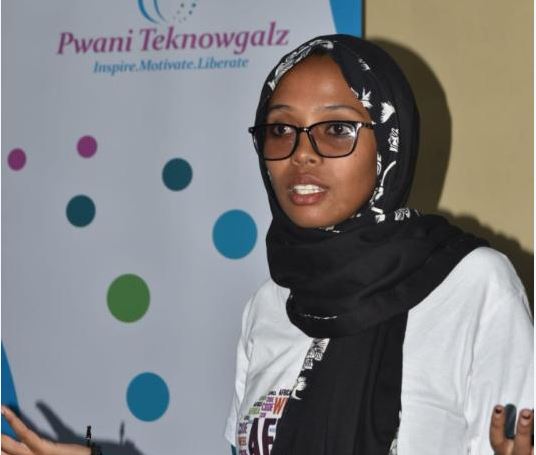×
The Standard e-Paper
Join Thousands Daily

Sometime in June 2016, six young female university students visited Hassan Joho Girls Secondary School in Utange, Mombasa County, to give a talk.
Latifa Noor, who was then counting days to her Kenya Certificate of Secondary Education exams, says the visit changed her life and gave her hope for the future.